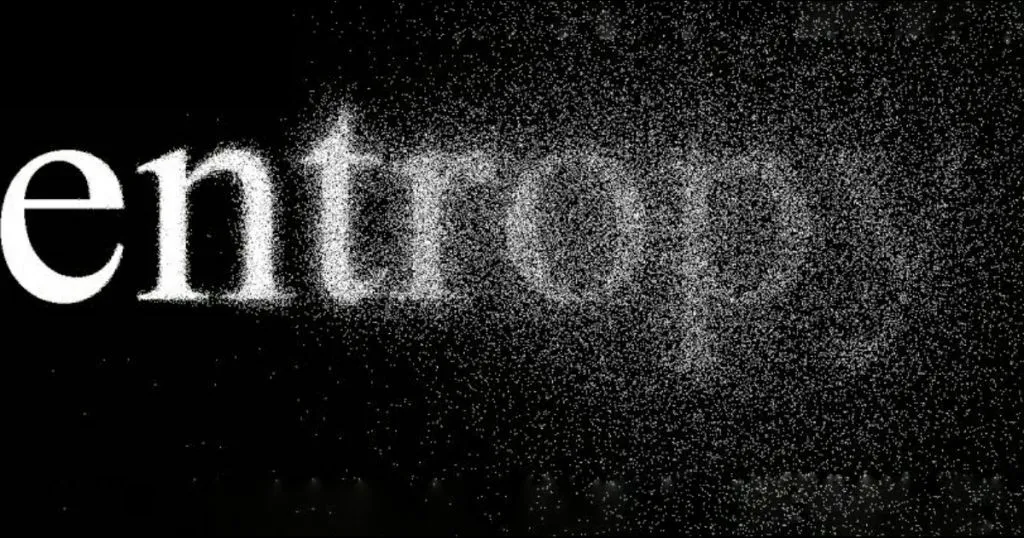Entropy is an idea that has entranced and puzzled researchers, logicians, and masterminds across different disciplines for quite a long time. A term conveys a persona, frequently connected with disarray and confusion. However, when we jump further into the idea of entropy, we find that it's not just about irregularity and disorder; an essential rule oversees the universe's way of behaving.
In its least difficult structure, entropy can be portrayed as a proportion of turmoil or irregularity in a framework. An idea begins from the field of thermodynamics, where portraying the change of energy in heat engines was first presented. Be that as it may, its applications reach out a long way past thermodynamics, pervading different fields like data hypothesis, science, and even way of thinking.
Yet, here's the fascinating part: While it's staggeringly far-fetched that a rearranged deck will suddenly get back to its impeccably ordered (arranged) express, it's certainly feasible. Genuinely, it could work out, albeit the chances are cosmically low. This idea exemplifies the embodiment of entropy — it's a proportion of likelihood and probability, not a flat-out regulation that directs what's in store.
In the domain of thermodynamics, entropy is frequently connected with the subsequent regulation, which expresses that in any energy move or change, the all-out entropy of a detached framework generally increments over the long haul. This implies that frameworks will generally move towards conditions of higher entropy, which is frequently alluded to as the "bolt of time." It's the reason you can't unscramble an egg or converse the normal progression of a waterway.
In general science, entropy is attached to the idea of suddenness. For a synthetic response to happen unexpectedly, the complete entropy of the framework should increment. This lines up with our natural comprehension that things will generally turn out to be more disarranged over the long run. Nonetheless, it's vital to note that while an unconstrained response could prompt an expansion in general entropy, it doesn't be guaranteed to imply that each individual part of the framework ends up being more confused (or disordered).
Insightfully, entropy brings up fascinating issues about the idea of the universe. Does the unyielding expansion in entropy suggest an extreme end, a "heat passing" of the universe where everything ends up being confused and dormant? Or on the other hand is there space for pockets of disorder to continue endlessly, similar to the interesting arranged condition of our rearranged deck of cards? The solutions to these inquiries are still subjects of extreme discussion among physicists and cosmologists.



Comments
Post a Comment